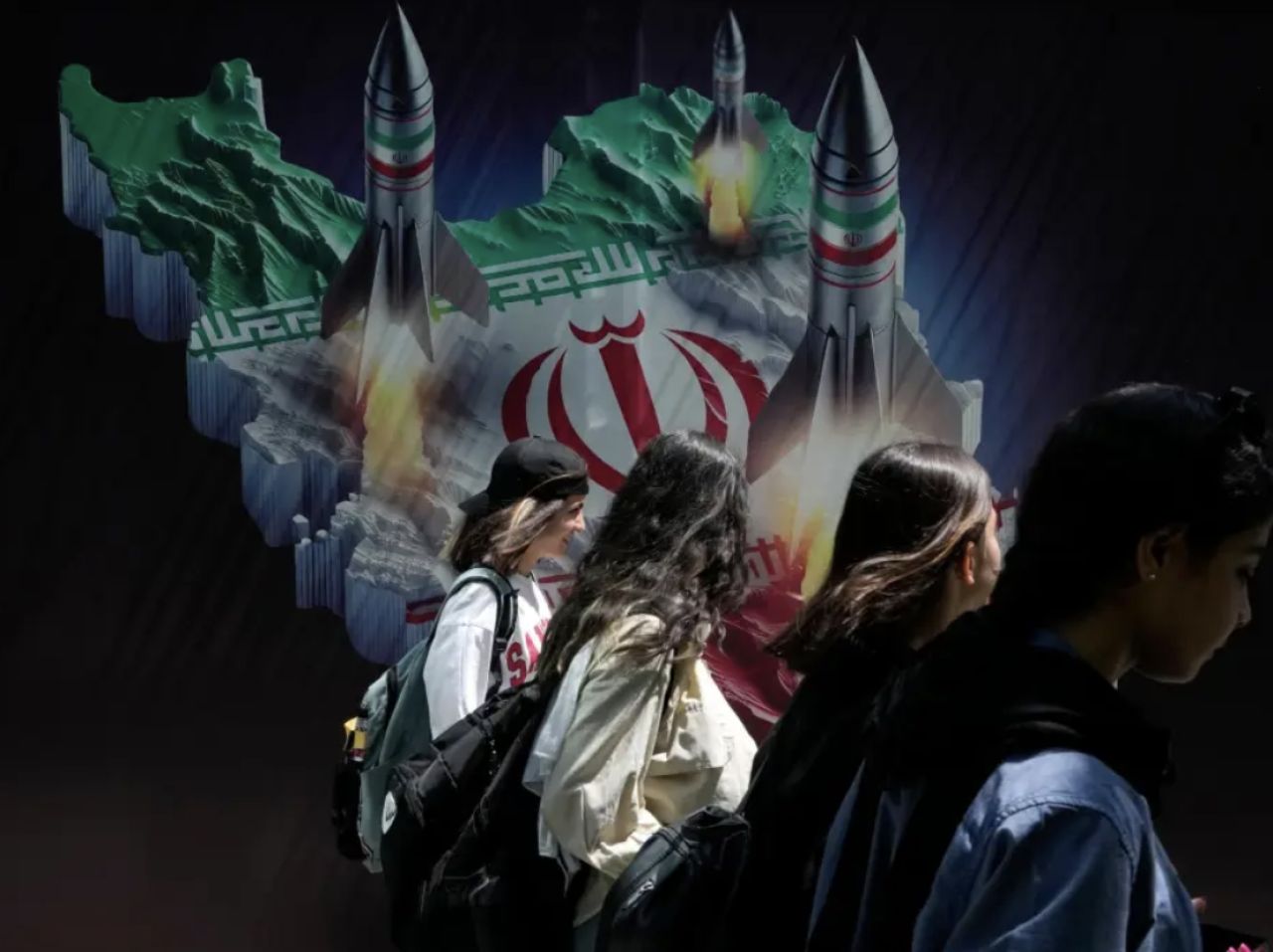Israel and Iran found themselves in another tense standoff recently, with each side downplaying the severity of an Israeli airstrike near a significant air base and nuclear site in central Iran. This move suggests that despite their longstanding enmity, they're keen on preventing this latest flare-up from spiraling into a full-blown regional conflict. But the situation remains precarious, with underlying grievances yet to be addressed, leaving room for further escalation.
The roots of this tension stretch back, with Israel viewing Iran as its top adversary due to its hostile rhetoric, controversial nuclear ambitions, and support for militant proxies across the Middle East. The recent escalation kicked off with attacks by Hamas and Islamic Jihad, followed by a fierce Israeli response in Gaza. This was quickly followed by Hezbollah's assaults from Lebanon and strikes by Iranian-backed militias in multiple countries, setting the stage for direct confrontation.
While both Israel and Iran have engaged in covert skirmishes for years, avoiding direct clashes, the dynamic shifted after an April airstrike in Syria killed two Iranian generals. Iran retaliated with its first-ever direct assault on Israel, launching a barrage of missiles and drones. Despite Israel's interception efforts, some missiles caused damage, raising tensions further.
The latest incident occurred near Isfahan, a location significant for its air base and ties to Iran's nuclear program. The attack coincided with Ayatollah Ali Khamenei's birthday, but Iranian authorities assured the safety of their nuclear facilities. Notably, neither Iran nor Israel officially claimed responsibility, hinting at a delicate balance of power.
Analysts speculate that Israel's motive was to send a message to Iran without provoking a major response or upsetting international allies. This calculated move underscores the complexity of the situation, with Israel facing threats on multiple fronts and Iran maintaining its defiance.
Despite calls for de-escalation from international leaders, including the UN Secretary-General, the risk of further confrontation remains. Analysts warn of a return to proxy warfare, albeit with a heightened risk of direct conflict. The uncertainty looms large, with neither side eager to cross the threshold into full-scale war, but the potential for escalation persists.

Login